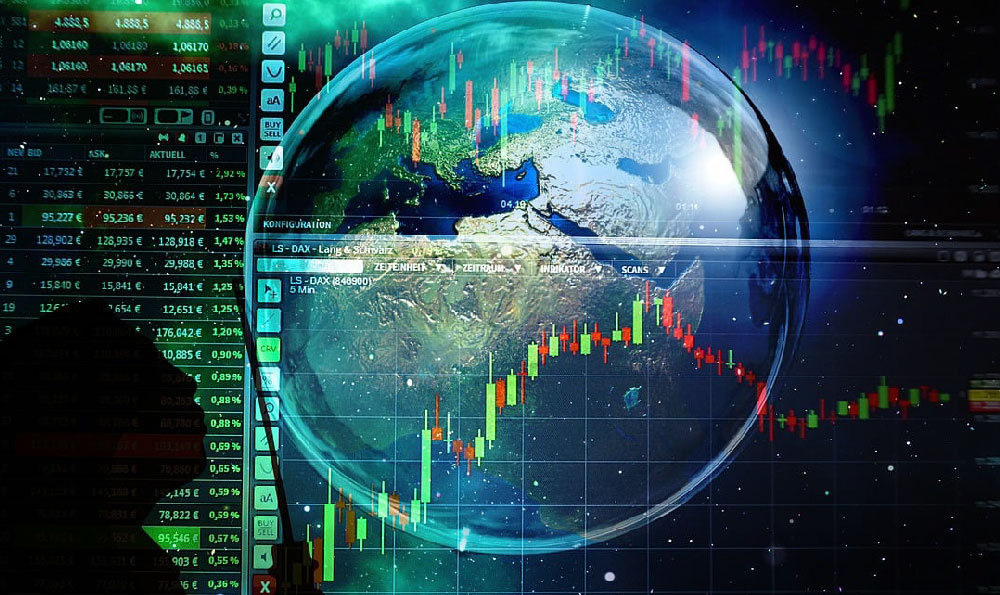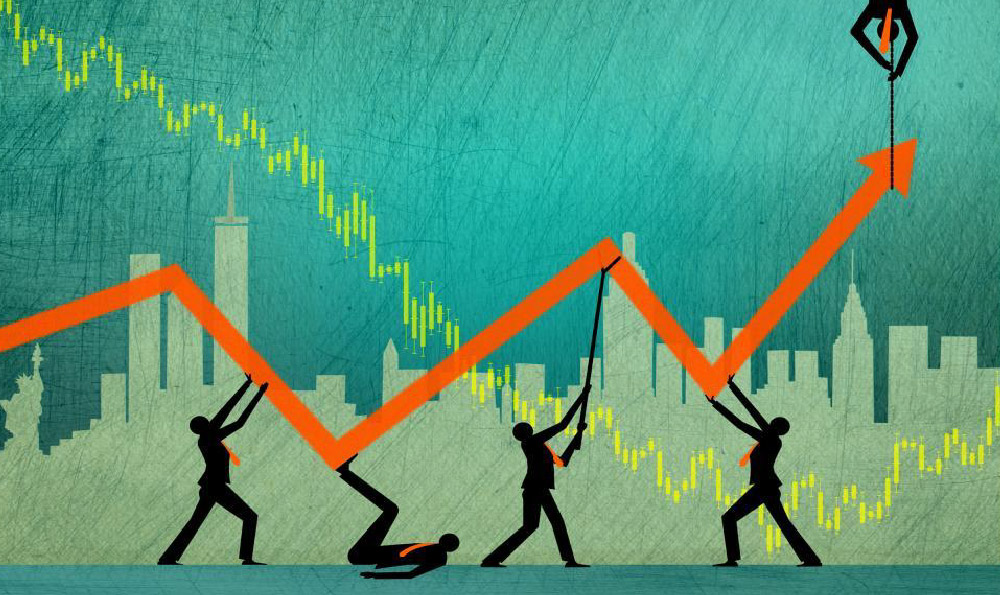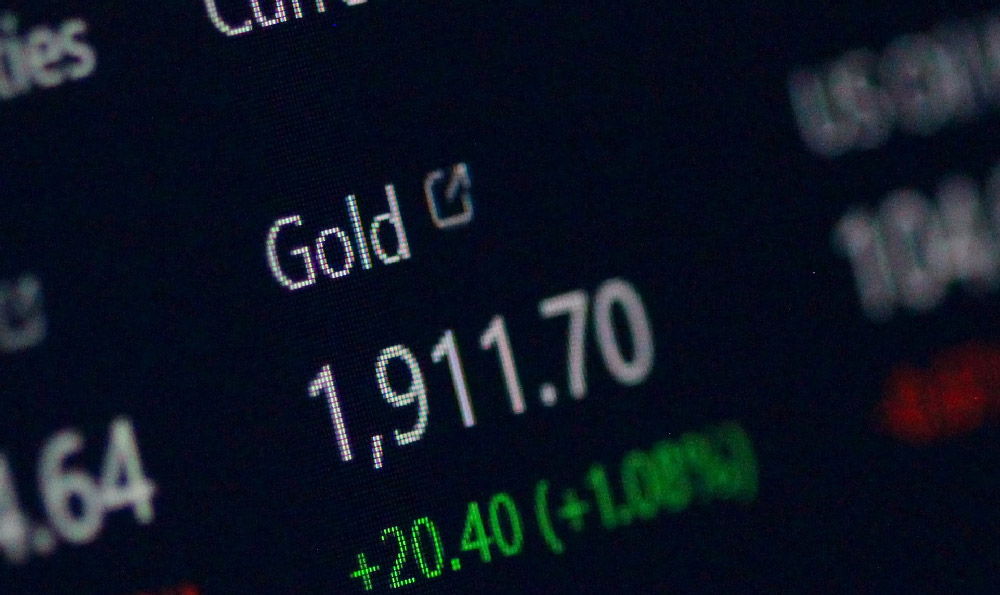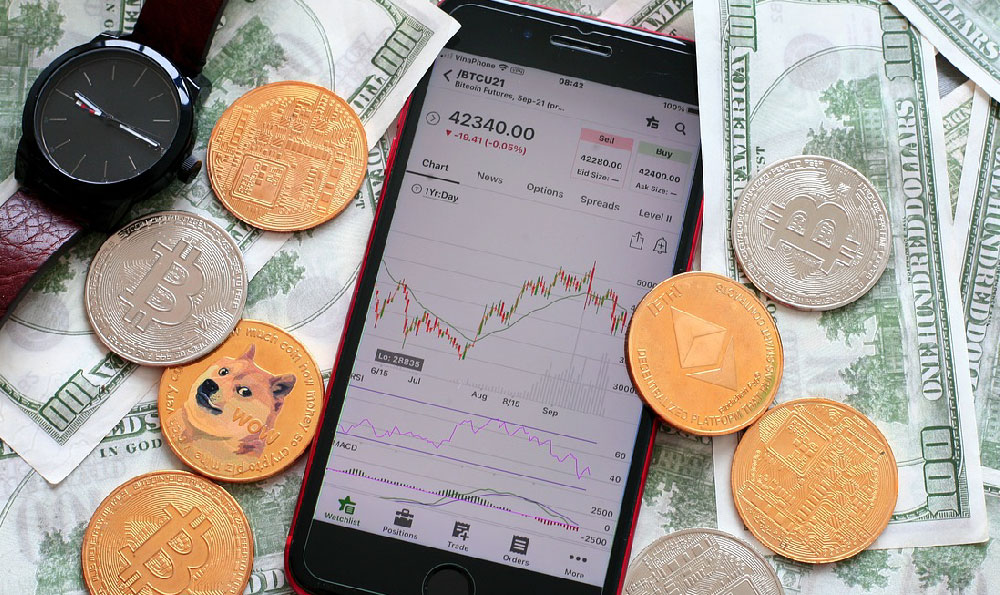How Much Money Does Jeff Bezos Make Per Second: Is It Really That Much?
Let's delve into the fascinating, and often sensationalized, topic of Jeff Bezos's earnings per second. The sheer magnitude of wealth associated with figures like Bezos makes it tempting to distill their income down to these bite-sized, easily digestible snippets. However, understanding the true nature of their wealth and how it accumulates requires a more nuanced approach than simply dividing their net worth change by the number of seconds in a year.
The headline suggesting we can calculate Bezos's earnings per second is inherently misleading, although not entirely inaccurate. The core issue lies in the distinction between income and wealth. Bezos's wealth, primarily derived from his ownership stake in Amazon, fluctuates dramatically based on the company's stock performance. It isn't necessarily "income" in the traditional sense of receiving a regular paycheck. Instead, it's a reflection of the perceived value of his assets in the market.
Therefore, when people discuss how much Bezos "makes" per second, they are usually referring to the increase in his net worth, which is directly tied to the changes in Amazon's stock price. To calculate this, one might take the reported increase in his net worth over a specific period (say, a year) and divide it by the number of seconds in that year. This will yield a figure representing the average increase in his wealth per second during that timeframe.
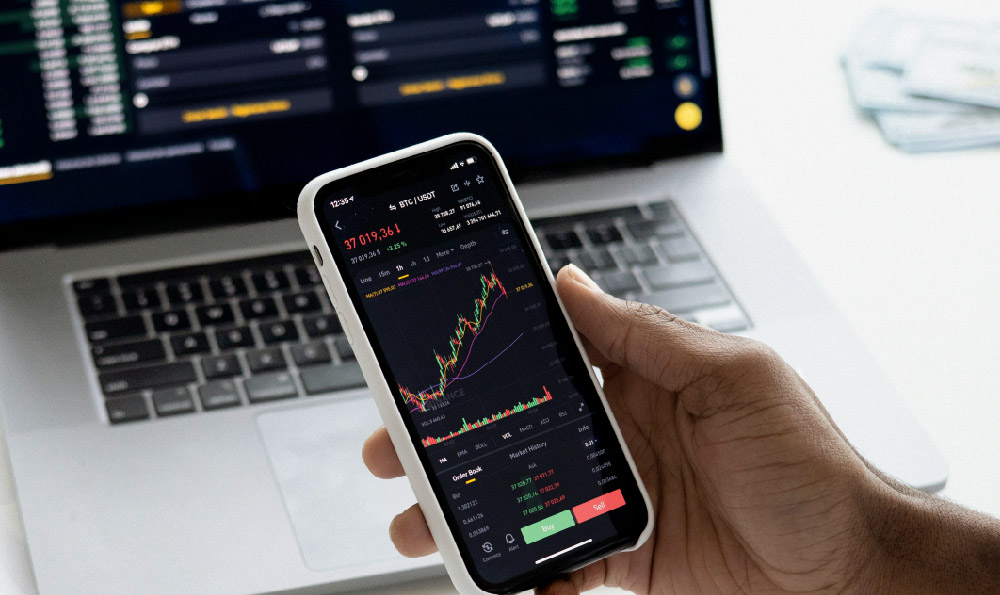
However, it's crucial to understand the limitations of this calculation. Amazon's stock price is volatile. On some days, it might soar, leading to a significant increase in Bezos's net worth. On other days, it could plummet, resulting in a substantial decrease. Using an annual average smooths out these fluctuations, but it doesn't reflect the reality of the daily or even hourly changes in his wealth.
Furthermore, this calculation ignores the fact that Bezos doesn't have immediate access to all this "wealth." He can't simply cash out all his Amazon stock without significantly impacting the market and potentially devaluing his remaining shares. His wealth is largely illiquid, meaning it's not readily convertible into cash without significant transaction costs or market impact.
Consider also the factors that influence Amazon's stock price. It's not solely dependent on Bezos's actions. Macroeconomic factors, industry trends, competitor performance, investor sentiment, and a myriad of other variables all play a role. Attributing the entire change in Bezos's net worth solely to his individual efforts is a gross oversimplification.
Moreover, while the headline focuses on Bezos, it's important to acknowledge the contributions of the thousands of employees who work at Amazon. Their collective efforts are essential to the company's success and, consequently, to the increase in Bezos's wealth. Focusing solely on one individual obscures the complex network of human capital that drives the company's value.
Now, let's address the question of whether the calculated amount is "really that much." Objectively speaking, yes, it's an enormous sum of money. Even a modest increase of a few dollars per second translates to millions of dollars per year. This highlights the vast inequality in wealth distribution and raises important questions about economic systems and social equity.
However, framing it solely as "earnings" can be misleading. As discussed earlier, it's primarily an increase in net worth due to stock appreciation. It's also important to remember that Bezos has philanthropic endeavors, and a portion of this wealth may eventually be directed towards charitable causes. While this doesn't negate the scale of his wealth, it provides a more complete picture.
In conclusion, while calculating Jeff Bezos's wealth increase per second can be a compelling exercise, it's vital to approach it with a critical and informed perspective. The number itself is a simplification of a complex reality. It doesn't represent a regular income stream, and it's heavily influenced by market fluctuations and factors beyond Bezos's direct control. The real story lies in understanding the underlying drivers of Amazon's success, the complexities of wealth creation and distribution, and the societal implications of such immense fortunes. Focusing solely on the per-second figure risks obscuring these crucial nuances and perpetuating a potentially misleading narrative. It's far more valuable to analyze the systems that allow for such wealth accumulation and consider the ethical responsibilities that come with it. Instead of focusing on the sensationalized per-second calculation, a deeper examination of the economic forces at play provides a more insightful and meaningful understanding.





